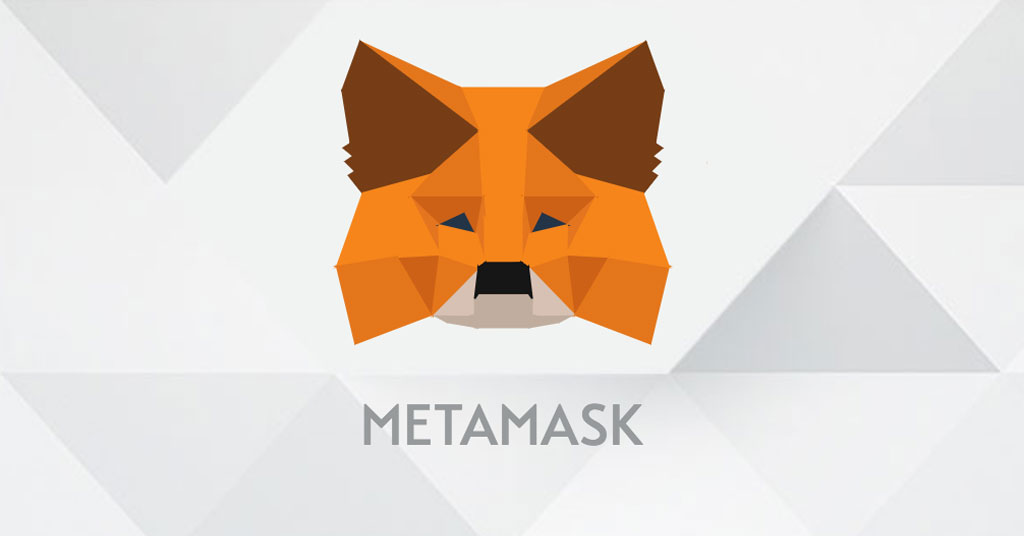In the ever-evolving world of cryptocurrency, one of the most crucial tools for users is a crypto wallet. Whether you’re a seasoned investor or just beginning your journey into digital currencies metamask extension, understanding crypto wallets is essential for safely storing and managing your assets.
What is a Crypto Wallet?
A crypto wallet is a digital tool that allows you to store, send, and receive cryptocurrencies like Bitcoin, Ethereum, and many others. Unlike traditional wallets, which hold physical currency, crypto wallets store digital keys, both public and private, that are necessary to interact with the blockchain.
There are two main types of keys in the world of crypto wallets:
- Public Key: This is similar to an email address or account number. It’s the address to which others can send you cryptocurrency. You can share your public key with anyone without risking your security.
- Private Key: This is like the password to your wallet. It is used to access and manage your funds, sign transactions, and confirm your ownership of your cryptocurrency. The private key should always remain private and never be shared with anyone. Losing it can result in the irreversible loss of your digital assets.
Types of Crypto Wallets
Crypto wallets come in several varieties, each with its own pros and cons. The main types include:
- Hot Wallets Hot wallets are connected to the internet and are designed for easy access and use. They are typically used for regular transactions and are more convenient for active traders.
- Software Wallets: These are applications or programs that run on your computer or smartphone. They can be standalone apps or browser-based platforms like MetaMask, Trust Wallet, or Coinbase Wallet.
- Web Wallets: These are accessed through a web browser, often hosted by a cryptocurrency exchange. Examples include wallets provided by platforms like Binance or Kraken.
Pros of Hot Wallets:
- Easy to use and convenient.
- Ideal for frequent transactions.
Cons of Hot Wallets:
- Vulnerable to hacks and malware since they’re always online.
- Less secure compared to cold wallets.
- Cold Wallets Cold wallets are offline and are generally used for long-term storage. They are not connected to the internet, making them much more secure against online threats like hacking.
- Hardware Wallets: These are physical devices (such as a USB drive) that store your private keys offline. Examples include Ledger and Trezor. Hardware wallets are considered one of the safest options for long-term storage of cryptocurrencies.
- Paper Wallets: A paper wallet is a physical printout or written note containing your private and public keys. While paper wallets can be secure if stored properly, they are highly vulnerable to physical damage or loss.
Pros of Cold Wallets:
- Highly secure due to offline nature.
- Ideal for storing large amounts of cryptocurrency for long periods.
Cons of Cold Wallets:
- Not suitable for frequent transactions.
- Risk of loss or damage (in the case of hardware and paper wallets).
How Do Crypto Wallets Work?
At a basic level, crypto wallets allow you to interact with a blockchain by generating and managing your public and private keys. When you want to send cryptocurrency, the wallet will use your private key to sign the transaction, proving that you are the rightful owner of the funds.
